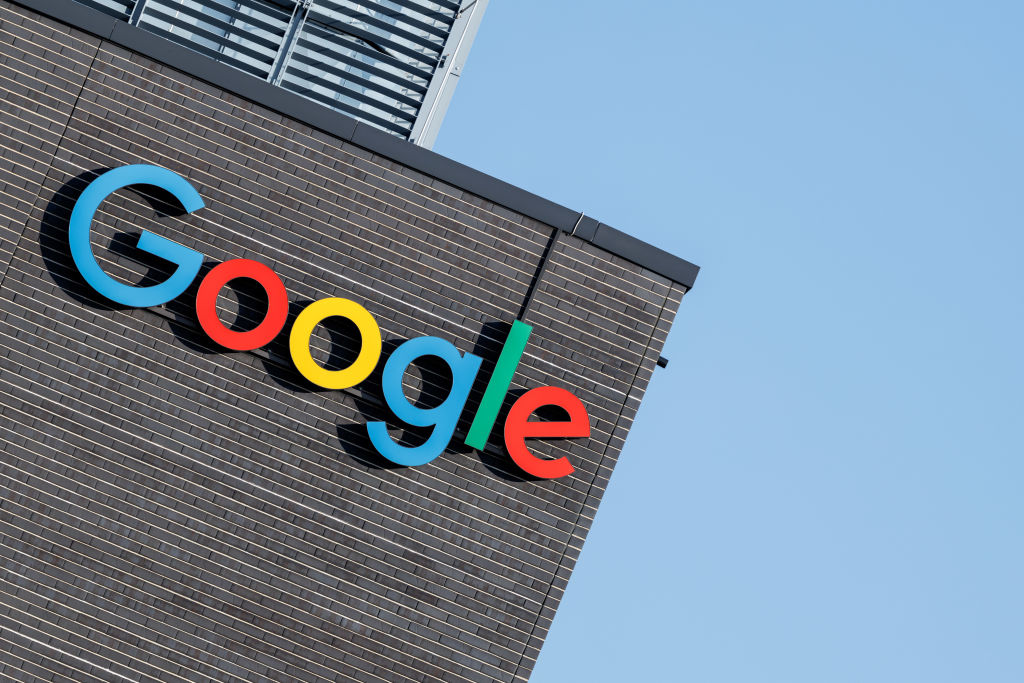Farewell to Old Tech: Google Pulls the Plug on Early Nest Thermostat Models

Google has revealed a significant update for its early Nest device owners, announcing the end of support for first and second-generation Nest products. Starting October 25th, these pioneering smart home devices will no longer receive critical software updates or technical support, marking the end of an era for early adopters of Google's smart home technology.
This transition signals Google's commitment to advancing its smart home ecosystem by focusing on newer, more technologically advanced devices. Owners of these legacy Nest products will need to consider upgrading to ensure continued functionality and access to the latest smart home features.
While the phase-out may disappoint some long-time users, it reflects the rapid pace of innovation in the smart home technology landscape. Customers with affected devices are encouraged to explore current Nest product offerings that provide enhanced performance and more robust features.
